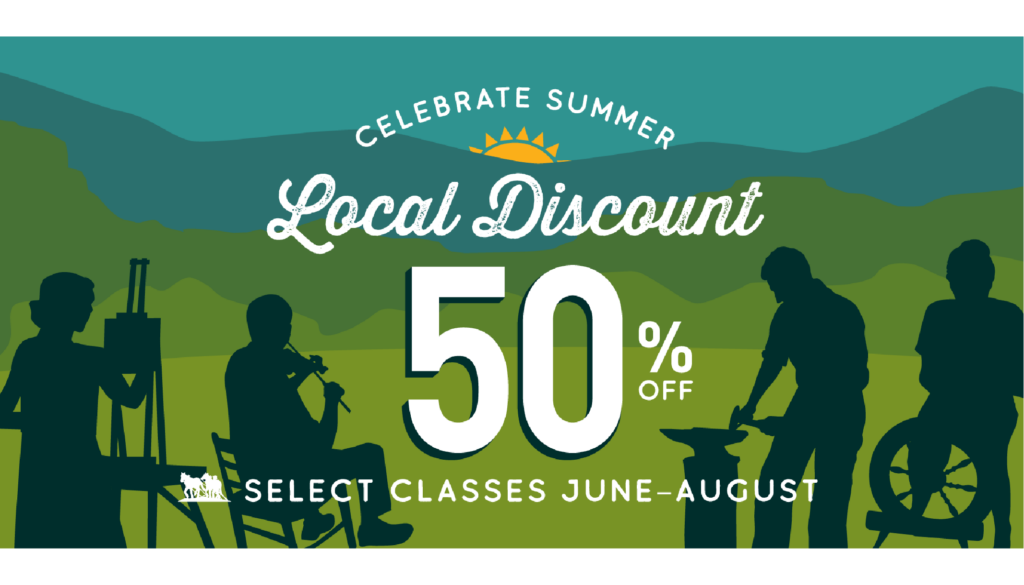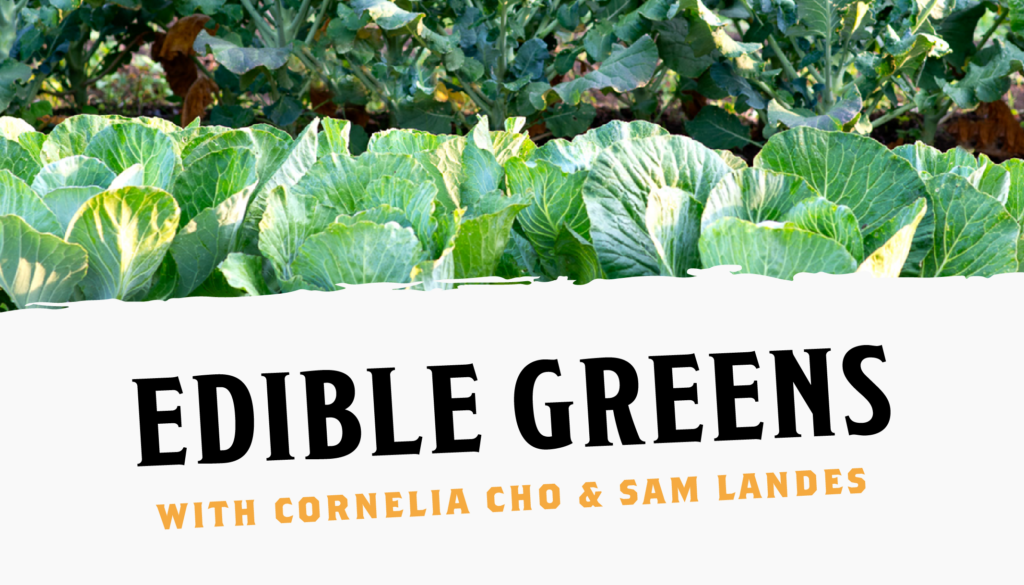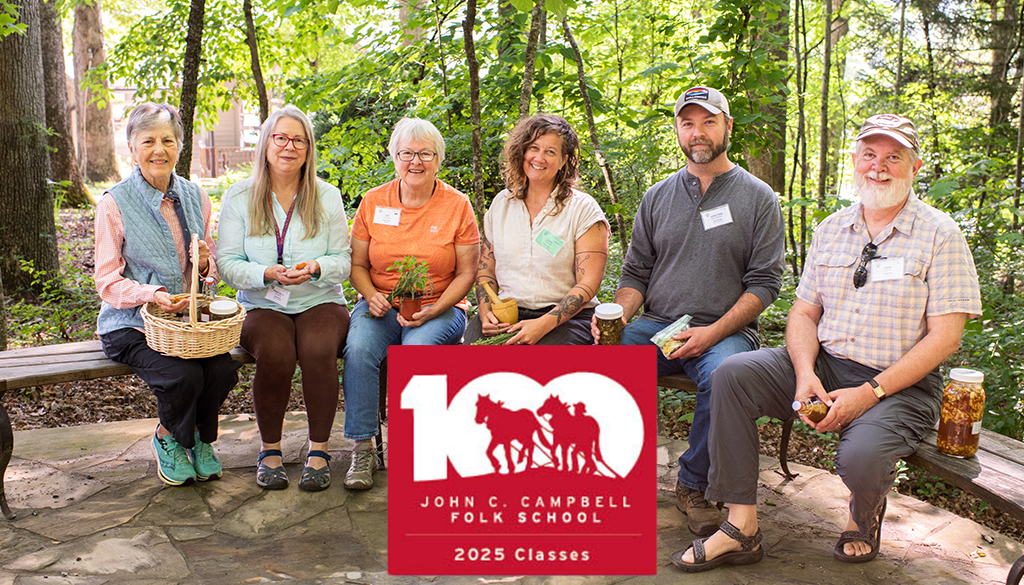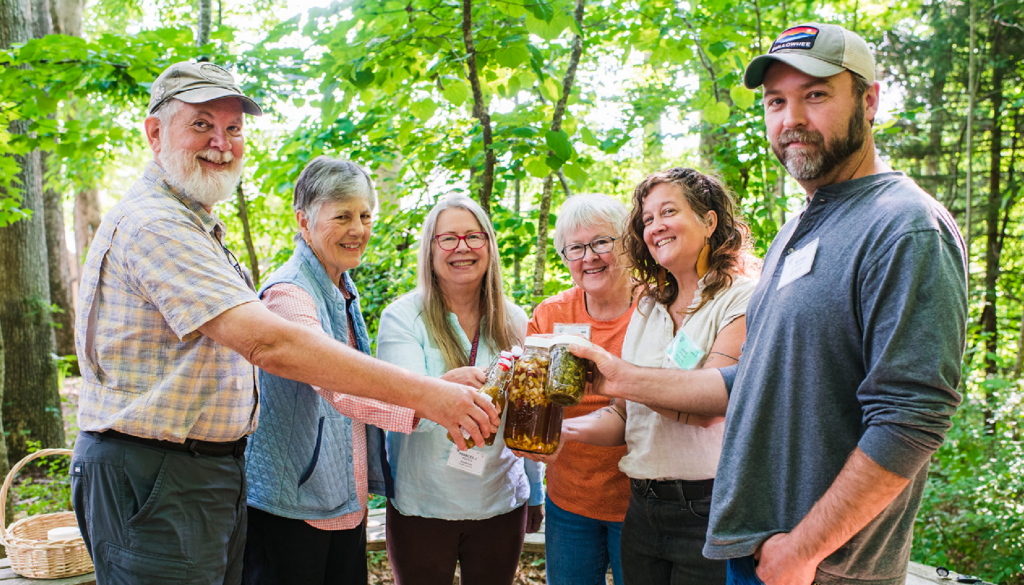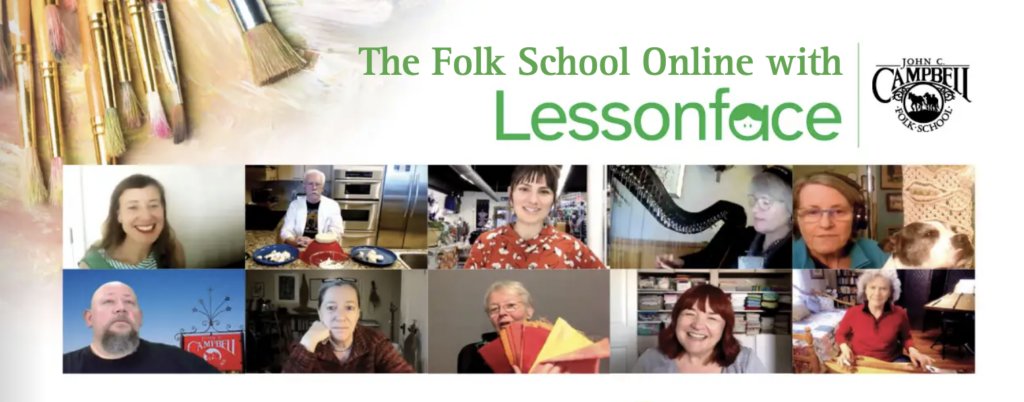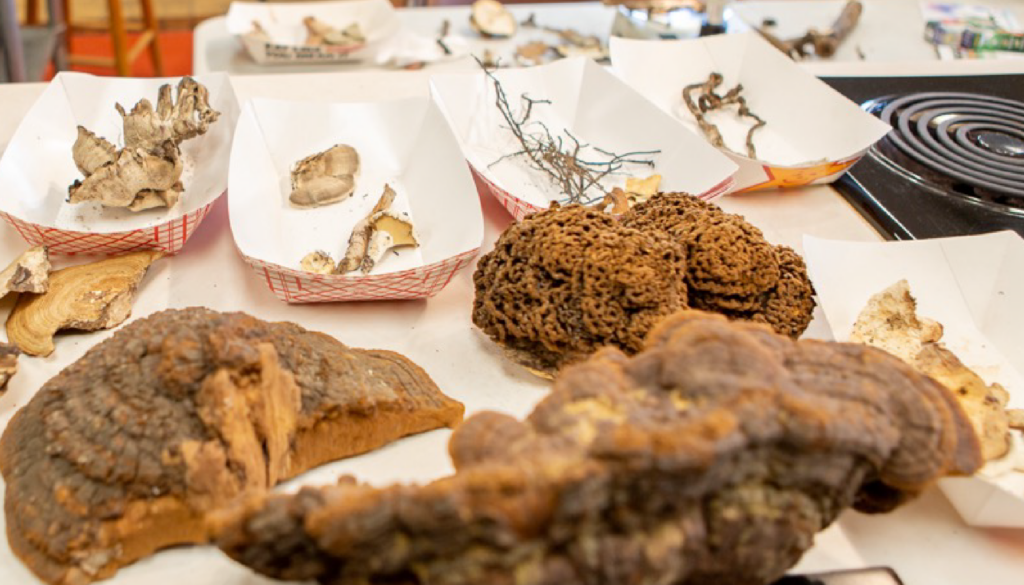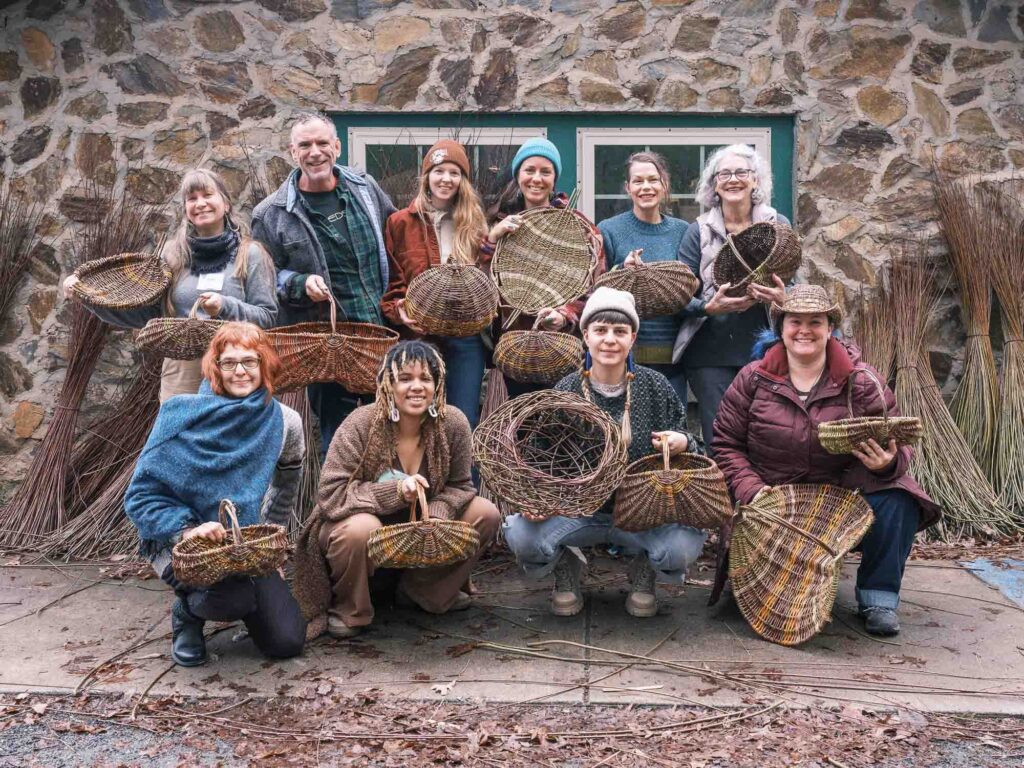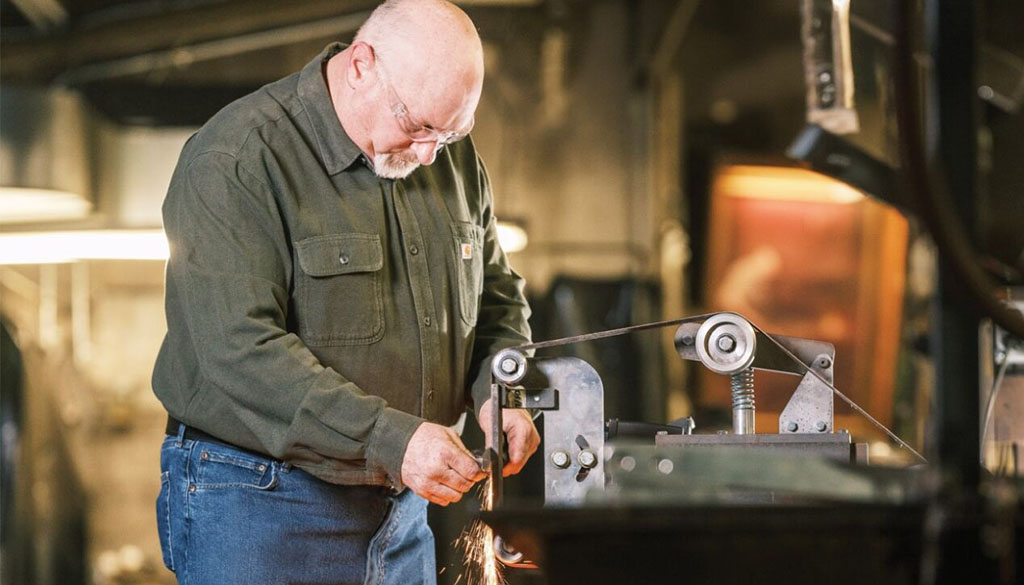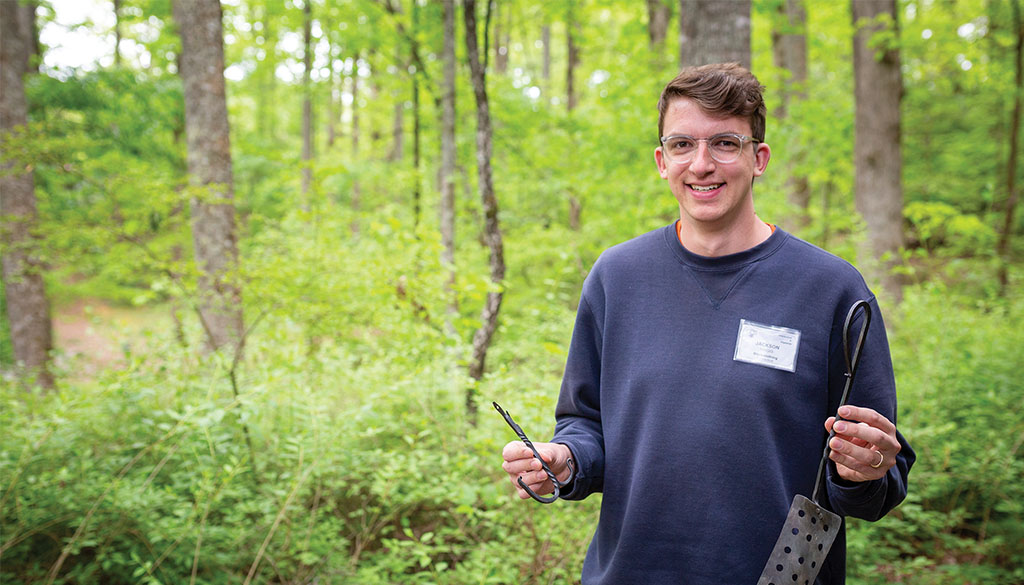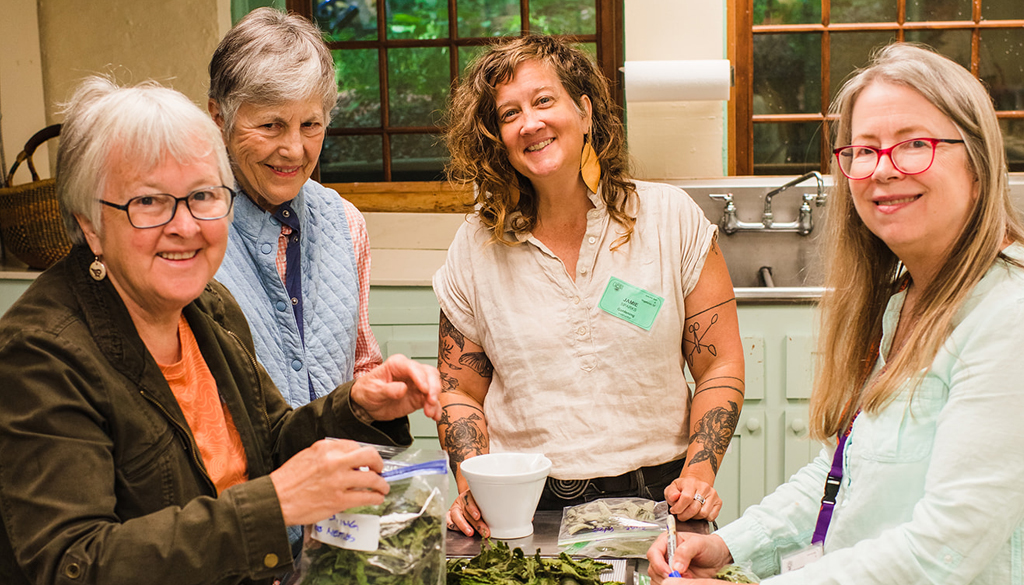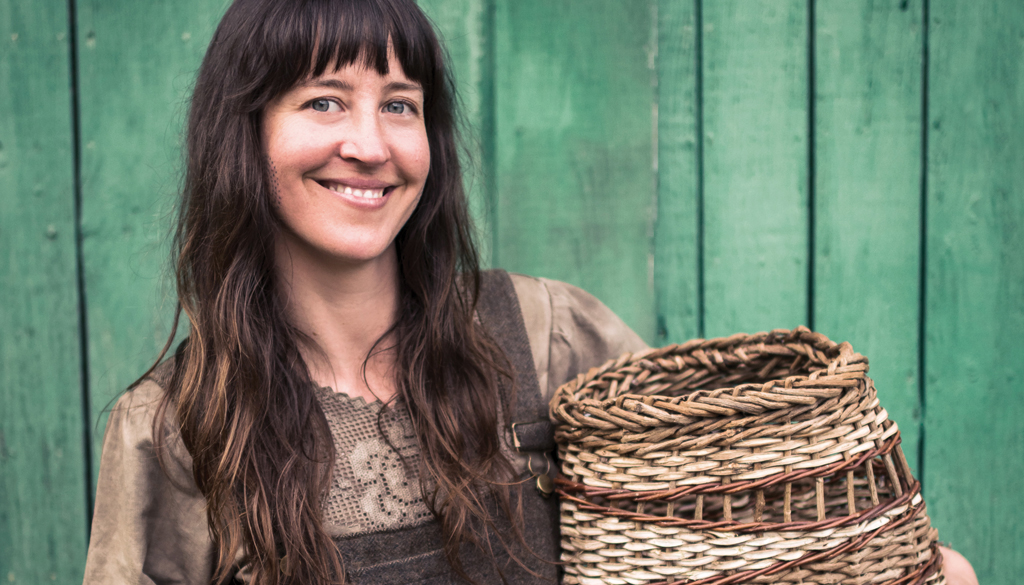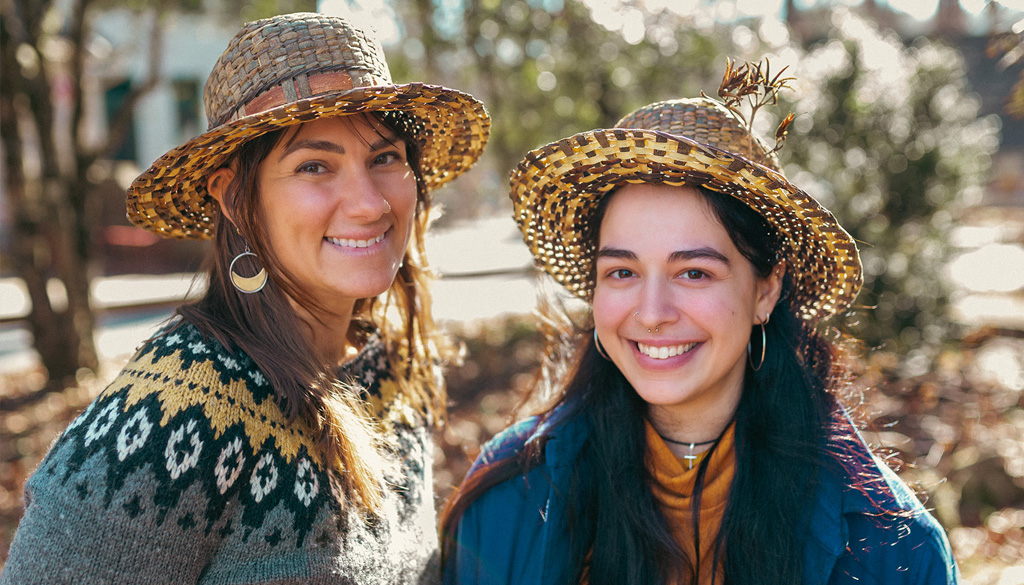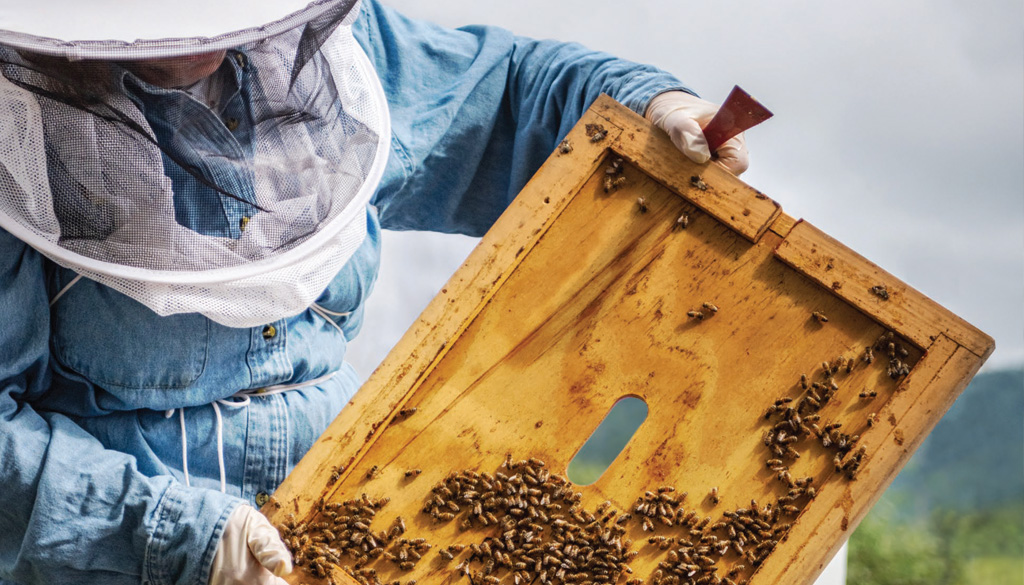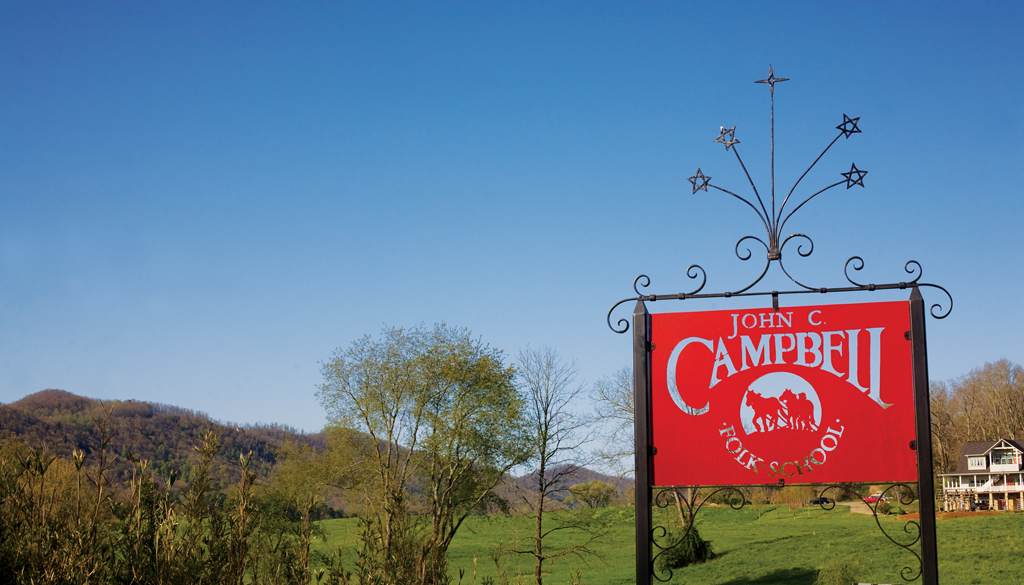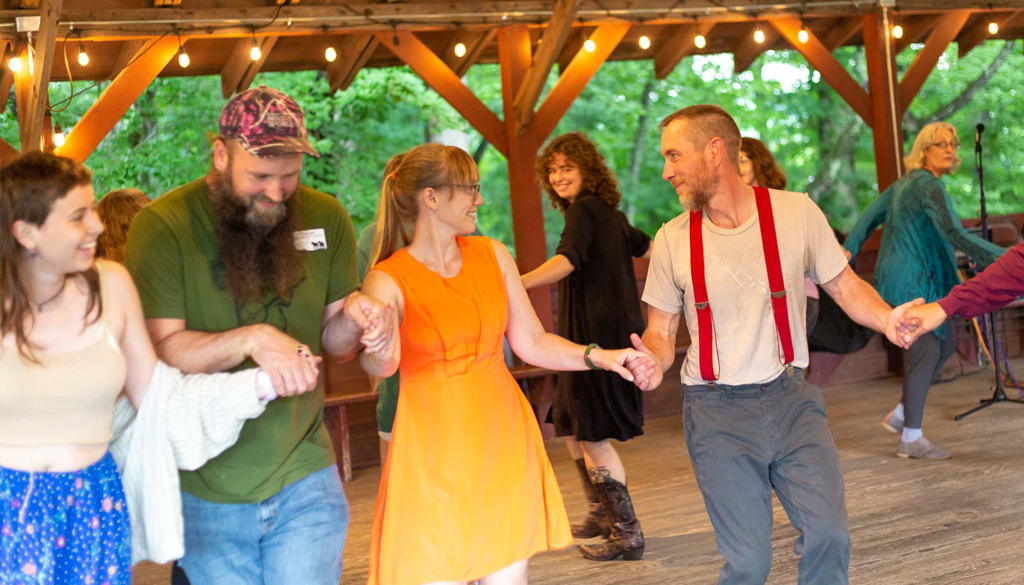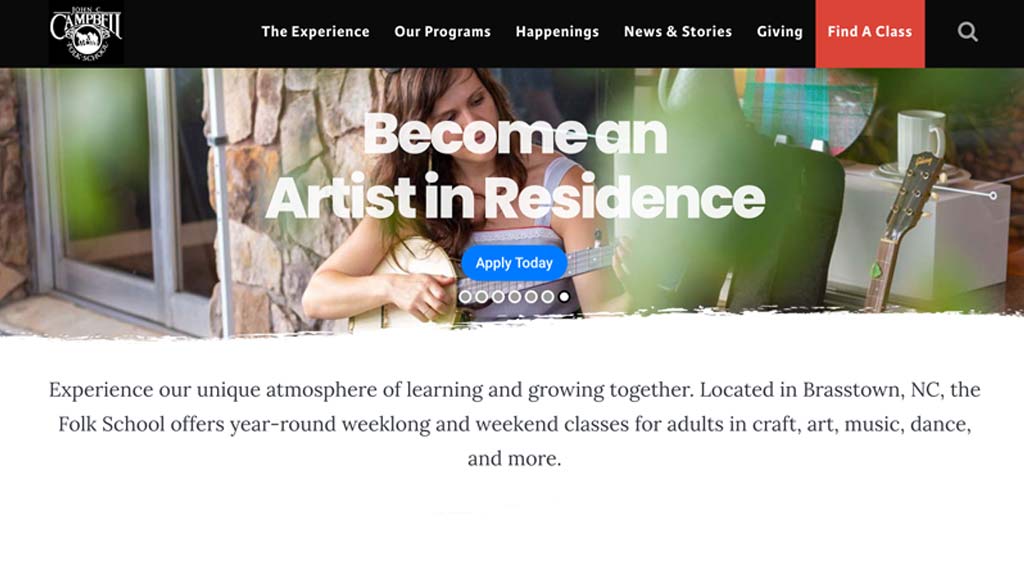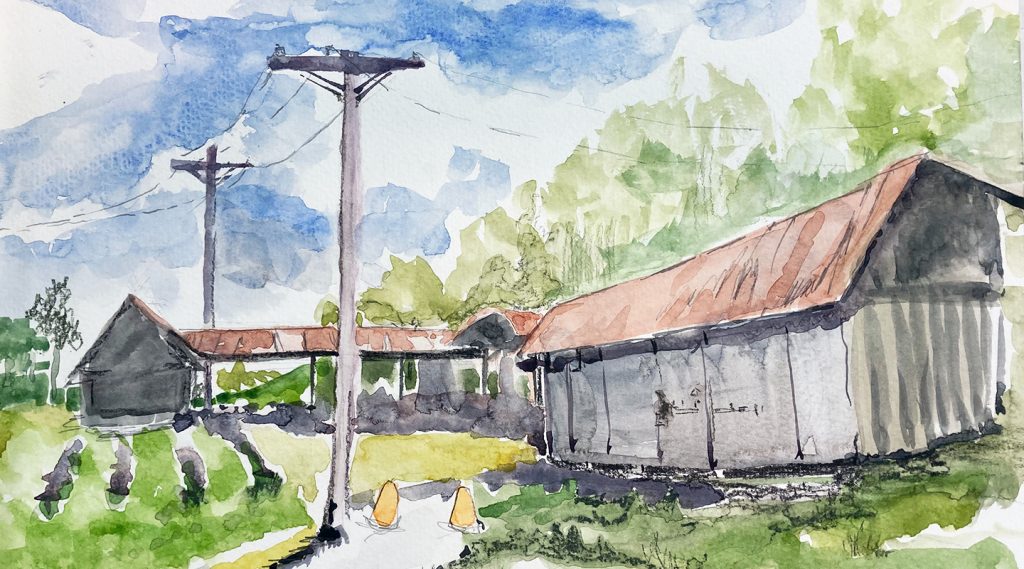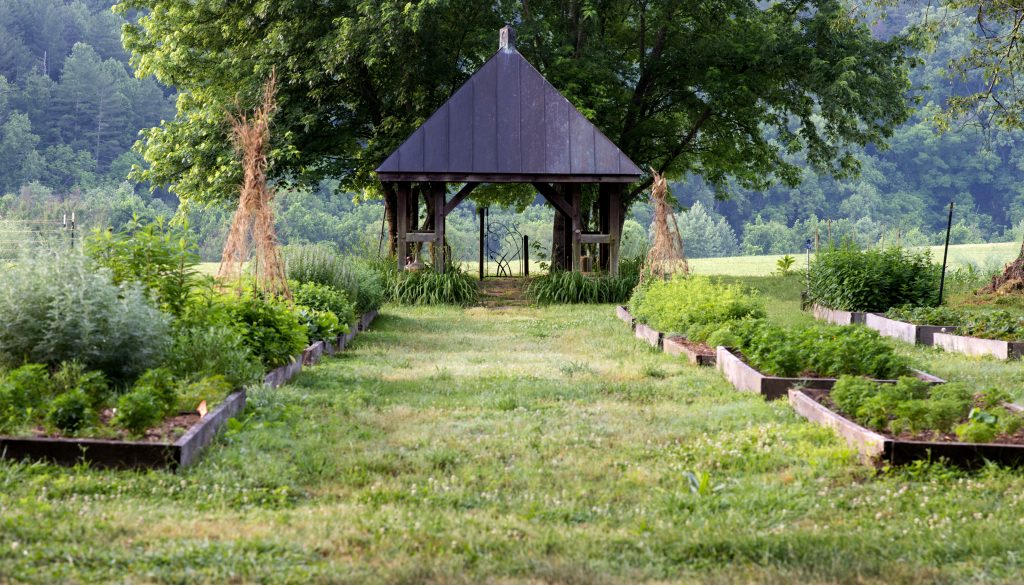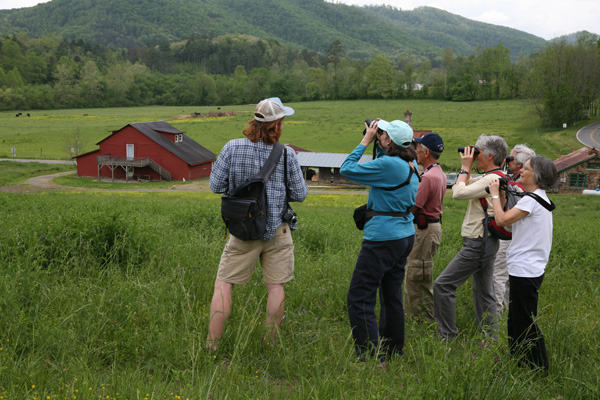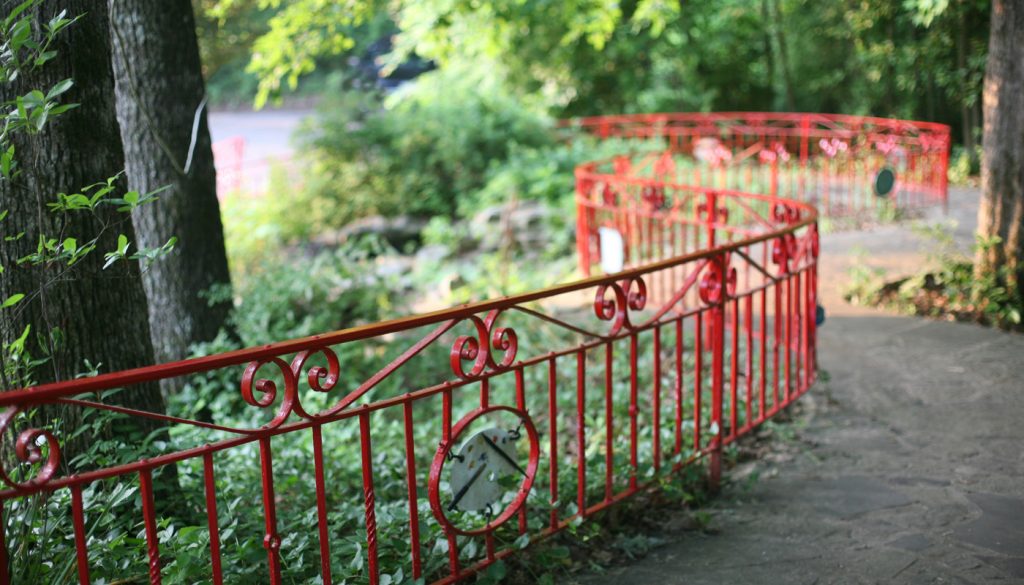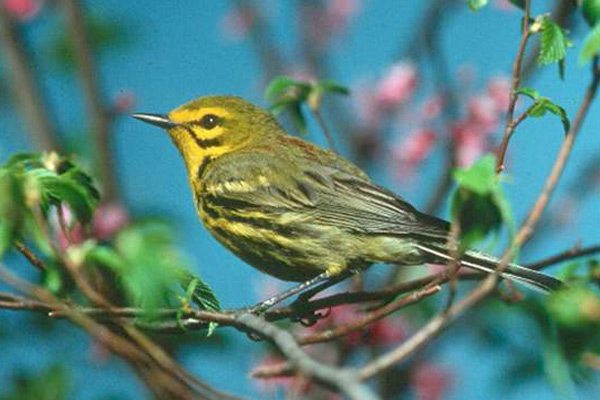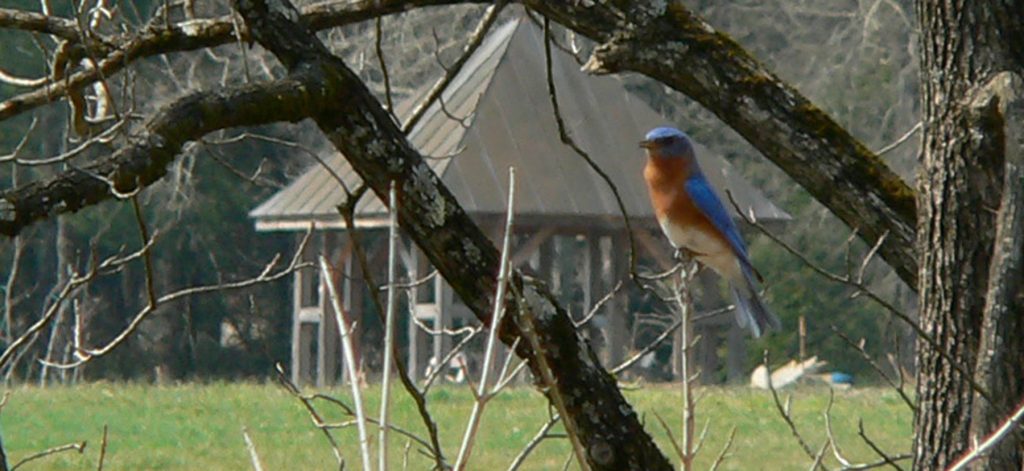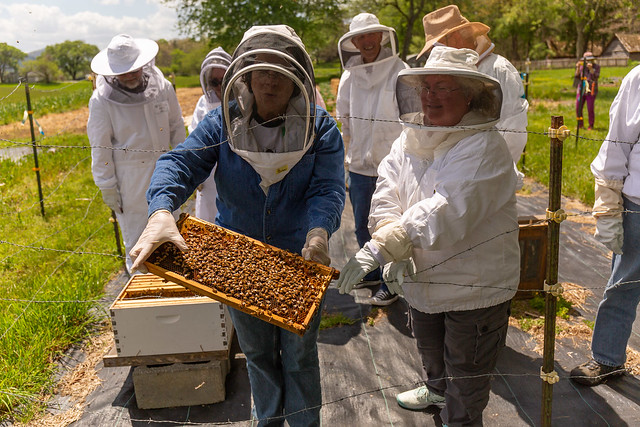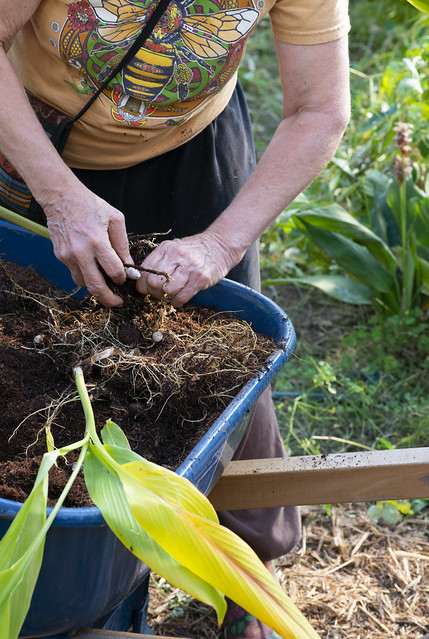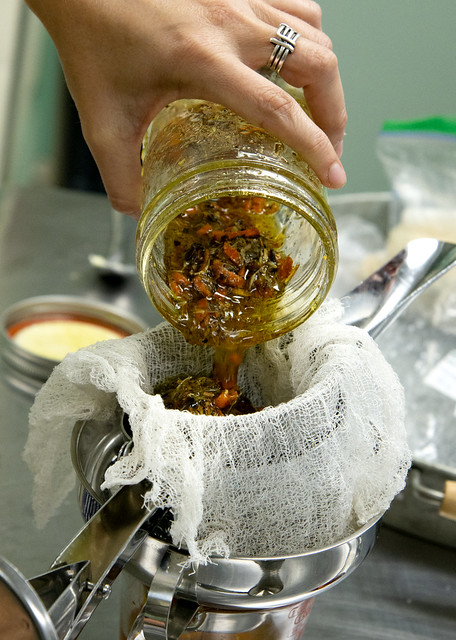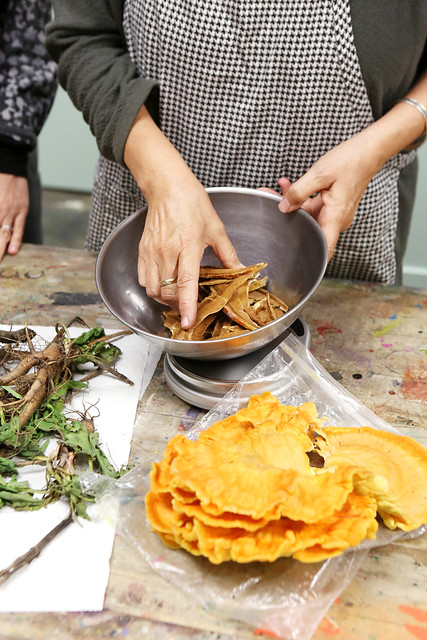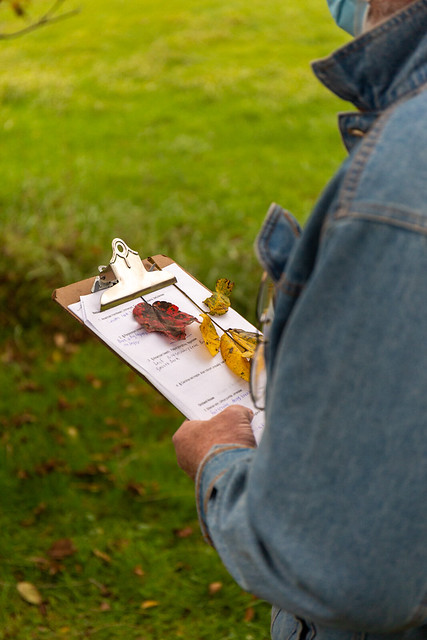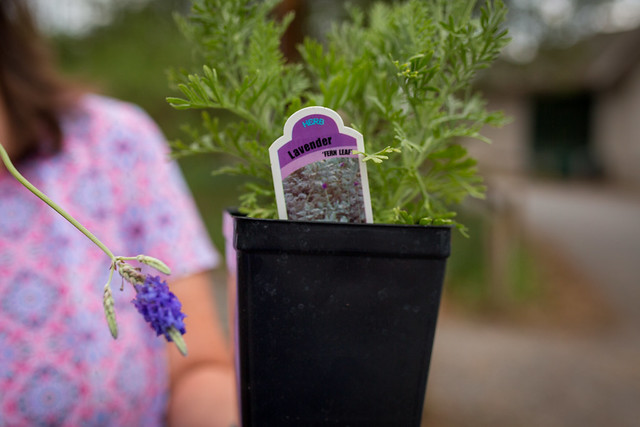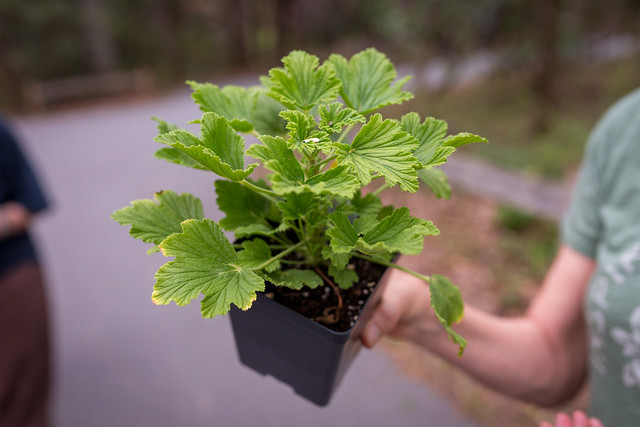Our location in far western North Carolina puts us in the middle of rolling mountains host to thick forests, flowering meadows, and clear streams. Explore this beautiful part of the world, including our 270-acre campus which offers natural treasures of its own. If you like being outdoors, be sure to see our Gardening & Homesteading classes, too.

Nature Studies Classes
Explore The Studio
Our Campus
One of our favorite studios is the Folk School’s gorgeous 270-acre campus. Students from our gardening and homesteading, dyeing, nature studies, and writing classes are often spotted in the happy study of flora and fauna (and rocks and ponds). Our garden includes vegetables and flowers harvested for use in our classes and dining hall, lots of honeybees, and the Cory Brown Memorial Dye Garden, filled with dye plants used to create every color in the rainbow.
Classes in Nature Studies will often take field trips to nearby forests and parks like the Nantahala National Forest or Joyce Kilmer Memorial Forest. The Folk School is also located thirty miles from an access point to the Appalachian Trail.
News & Stories: What's Happening in Nature Studies
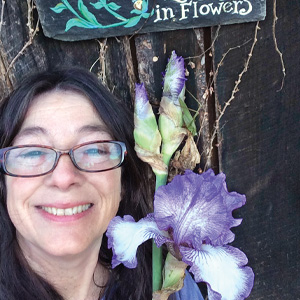
Resident Artist in Gardening & Homesteading, Nature Studies, Soap Making, Storytelling
Karen Hurtubise
Karen and her husband have a small farm and grow diverse crops including native plants, berries, tomatoes, mushrooms, turmeric, and ginger. They began a large organic vegetable, flower, and herb garden over 30 years ago in Hayesville, NC, and won a Southeast Regional Rodale Organic Gardening Garden-of-the-Year contest. Karen is a passionate advocate of healthy agriculture, local food, and forest farming. She has been teaching at the Folk School since 1994.
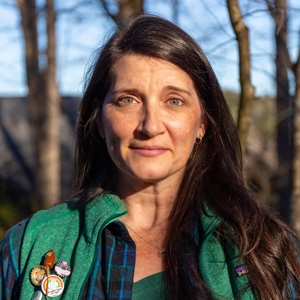
Cooking, Gardening & Homesteading, Nature Studies, Soap Making, Storytelling Coordinator
Susannah Thompson
Susannah found the Folk School while looking for contra dance in western NC. Shortly after moving to the area, she earned her striped tights and wooden clogs as a member of Dame’s Rocket, one of the Brasstown Morris Dance teams. She has also been a teacher for over 20 years.
In forests and on camera, in school libraries, and in the kitchen, she enjoys creating new adventures for students of all ages. She started teaching at the Folk School in 2017 and is best known for her British Baking class. When she’s not in the cooking studio or on the dance floor, you can find her searching for salamanders, paddling local lakes, or assisting with wildlife monitoring projects.
Images from the Studio
Interested in Attending?
You can find more information about the many aspects that make up the Folk School Experience using the menu below.
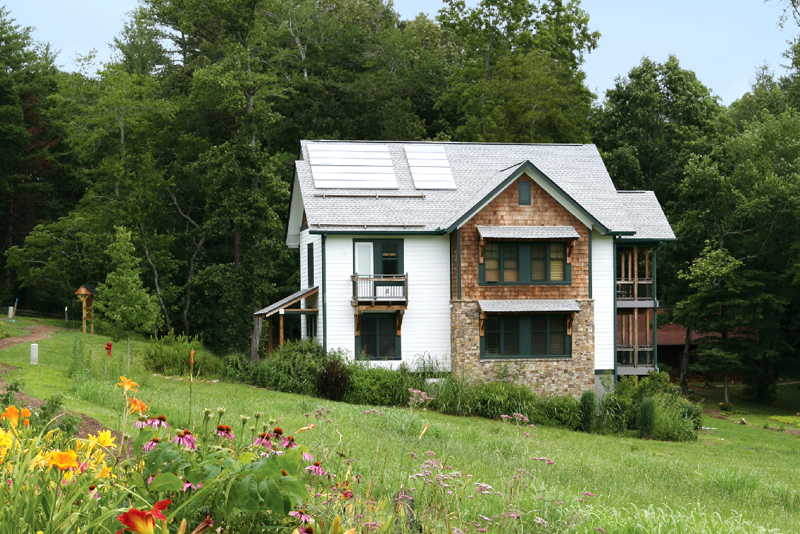
Housing & Meals
There’s nothing like staying on campus to fully immerse yourself in the Folk’s School experience.
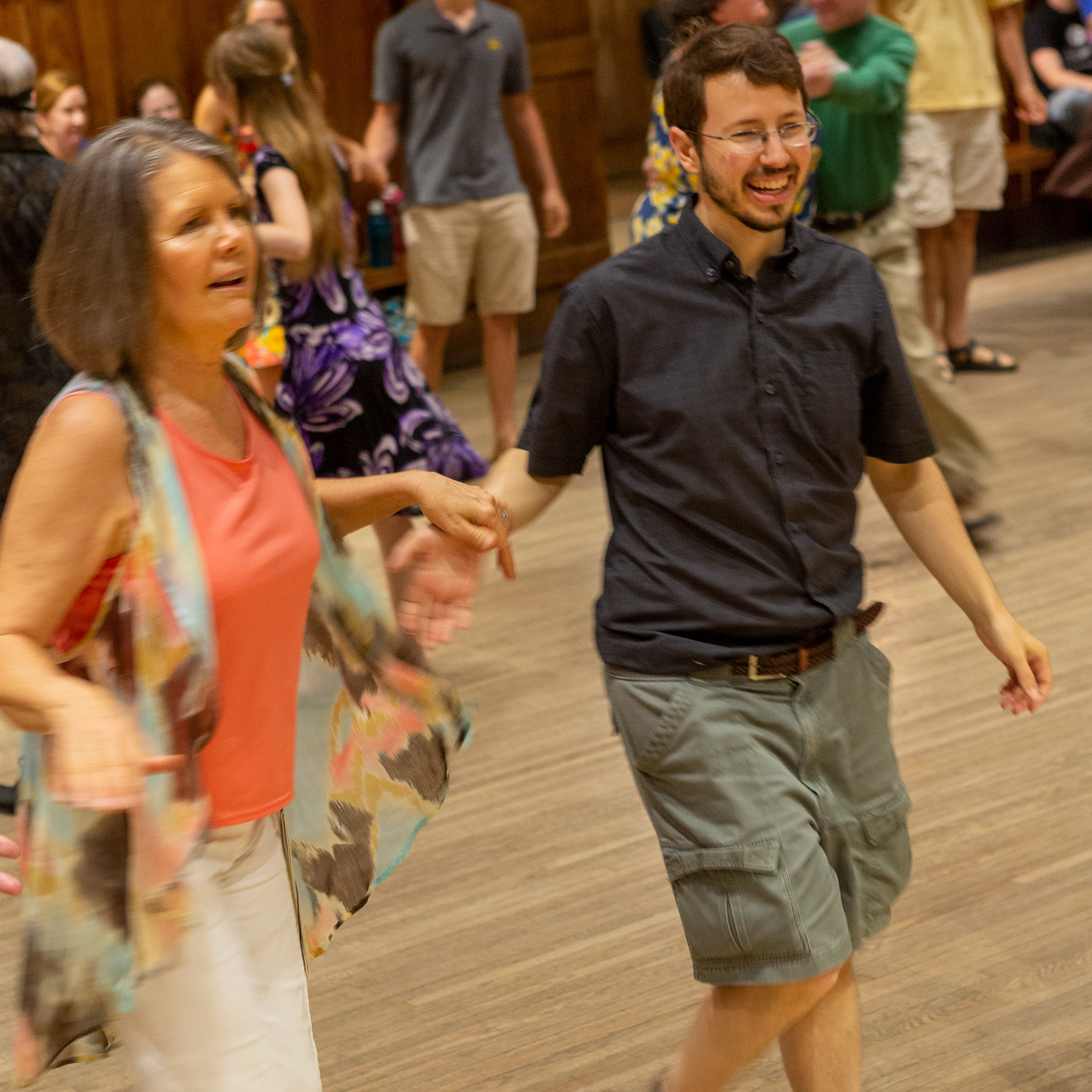
A Typical Week or Weekend
A quick glance of what you can expect when you take a class as the Folk School.
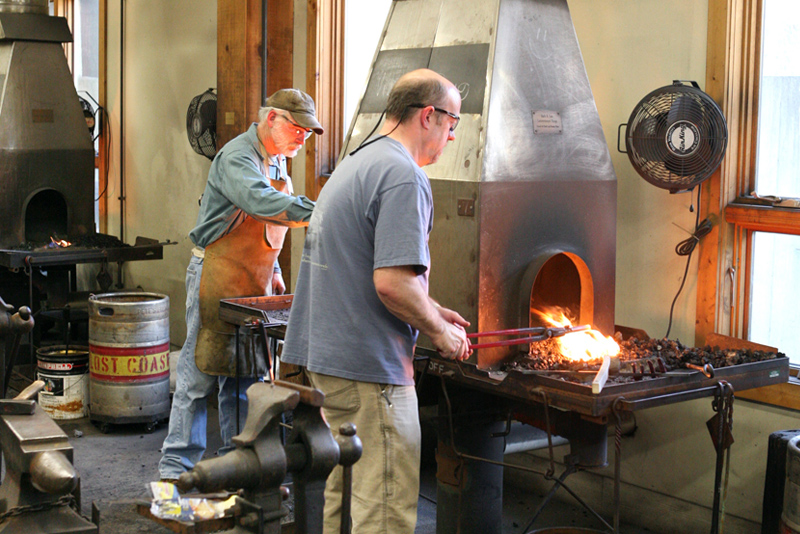
General Information & Policies
Find our policies and procedures along with answers to commonly asked questions.



